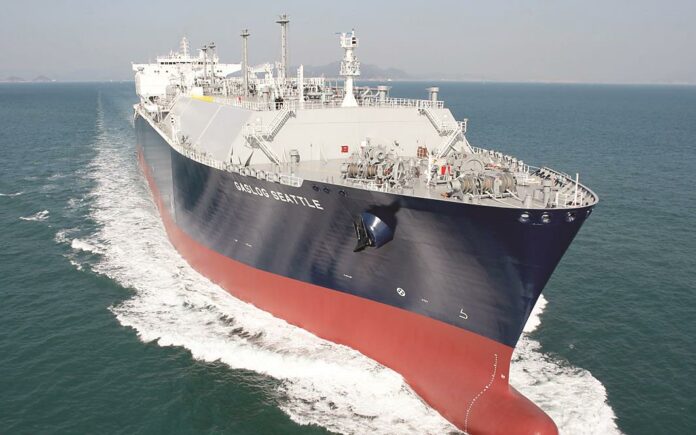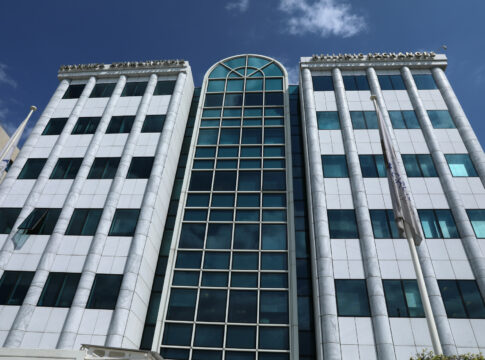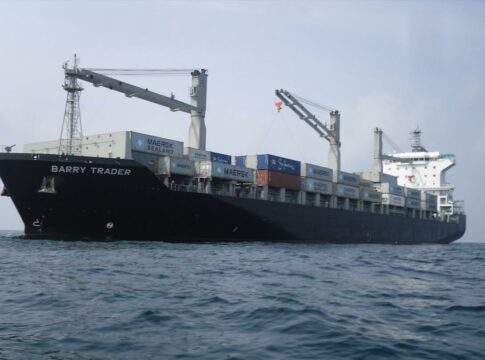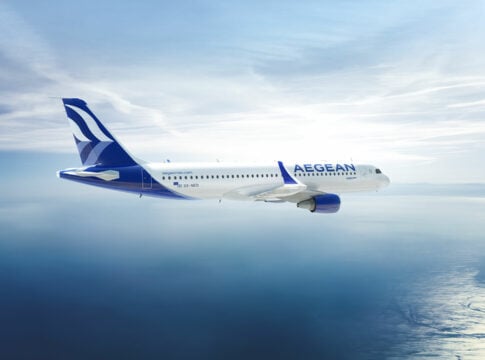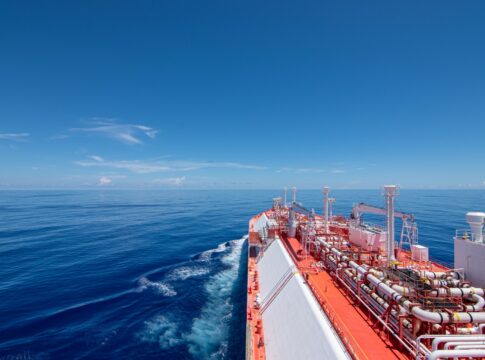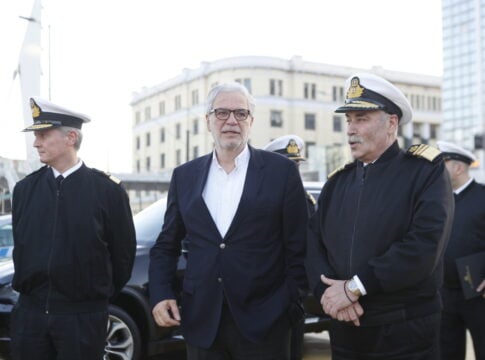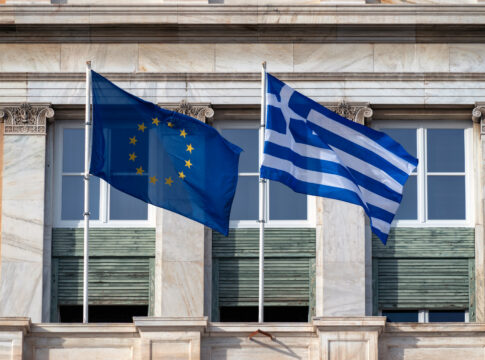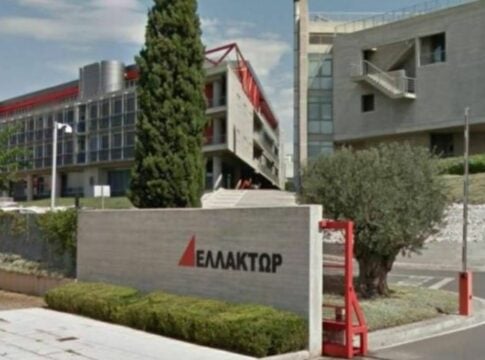GasLog, owned by Peter Livanos, recorded enhanced economic figures in the second quarter of this year while analysts are predicting that the freight rates for LNG carriers will further increase in the autumn.
The company, which recently completed a merger with GasLog Partners, showed revenues of 227.7 million dollars in April-June 2023, up from 216 million dollars in the same period last year. In the first-half of the year, the shipping company posted revenues of 459 million dollars, compared with 429.8 million dollars in the same period in 2022.
GasLog’s profits amounted to 73.4 million dollars in the second quarter from 48.3 million dollars last year, while in the six months profitability remained almost unchanged (118.4 million dollars this year, compared with 119 .4 million dollars in 2022).
Charters
The company also signed a multi-month agreement for GasLog Sydney (capacity 155,000 cubic meters and built in 2013), with Pioneer Shipping Limited, a subsidiary of the British energy company Centrica. The vessel was part of a sale and leaseback deal that the company closed with China Development Bank Leasing.
A five-year charter extension was also secured with Shell for GasLog Gibraltar (capacity 174,000 cubic meters and built in 2016) until October 2028.
After the end of the quarter, GasLog proceeded with two more charters. More specifically, China’s CNTIC VPower Energy has exercised its right for a one-year charter extension with Methane Alison Victoria (capacity 145,000 cubic meters and built in 2007), with the new contract expiring in October 2024.
Finally, the company agreed with Japan’s KE Fuel International (Kansai Electric) for a multi-year charter for the Solaris (capacity 155,000 cubic meters and built in 2014) until March 2030.
GasLog’s fleet is long-term chartered, with agreements extending beyond 2030.



